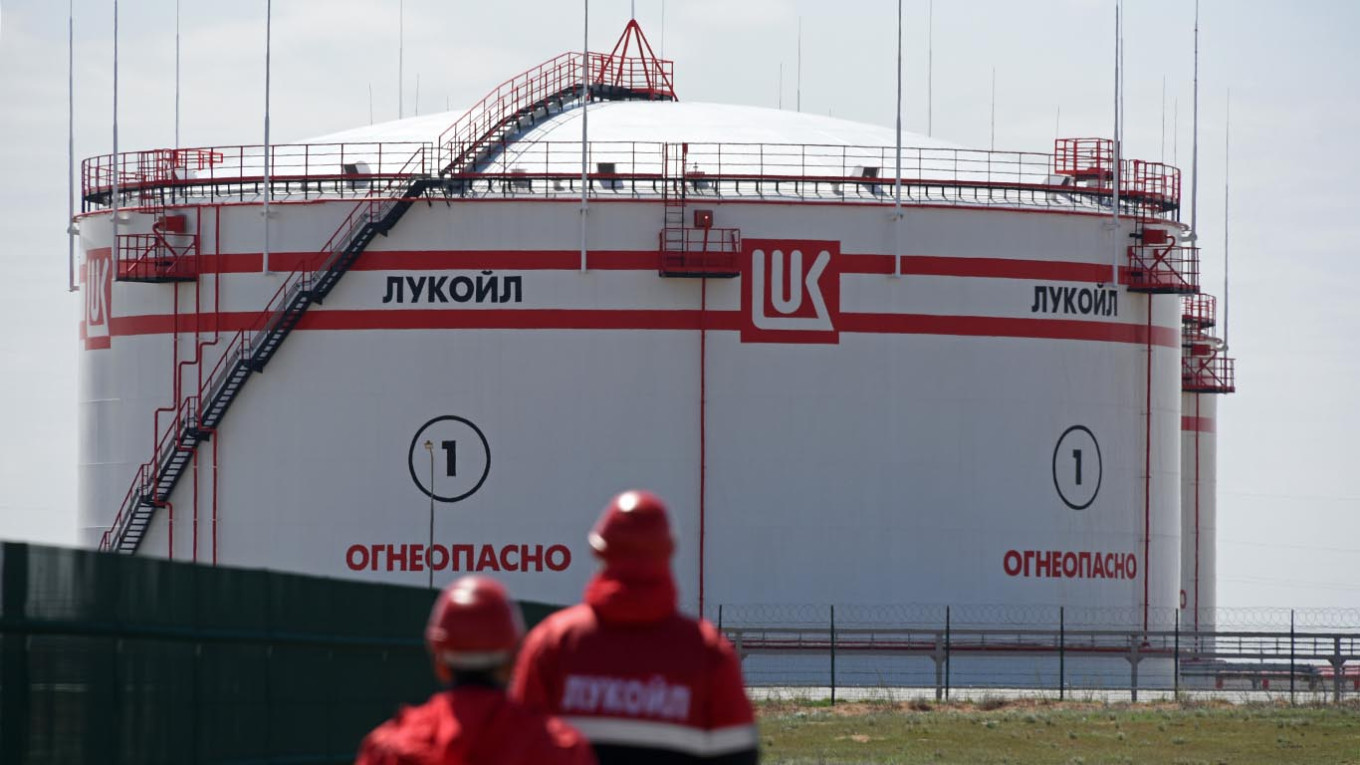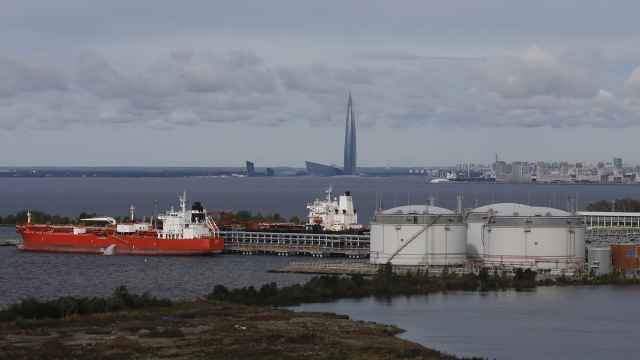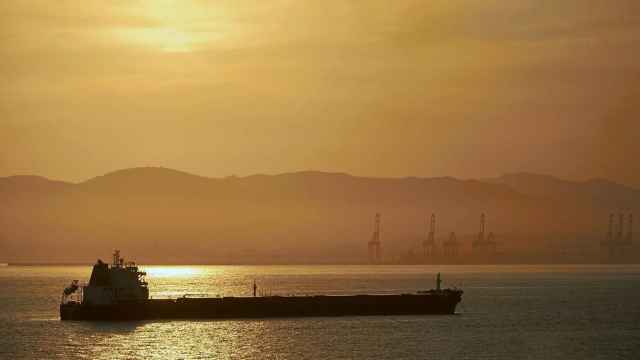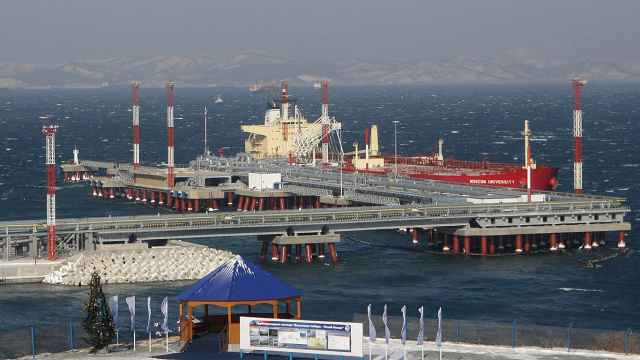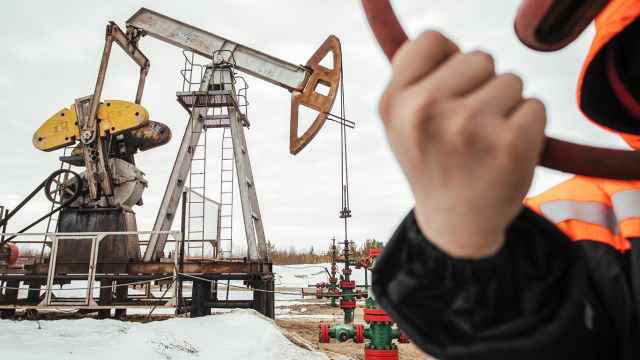Prices for Russia’s Far Eastern ESPO crude have fallen after new U.S. sanctions targeting Rosneft and Lukoil, Bloomberg reported Tuesday, citing traders involved in the transactions.
The impact of Western restrictions has shaved more than $1.50 off the price per barrel for ESPO, which typically trades at a premium to the country’s main export grade Urals.
Spot sales of ESPO this week are being made at a discount of about $0.50 per barrel to Brent including delivery costs, according to Bloomberg.
ESPO crude had been trading at a premium of more than $1 to the global benchmark just before the sanctions were announced last week.
ESPO, short for Eastern Siberia-Pacific Ocean, is a low-sulfur Siberian crude delivered through a pipeline of the same name. Its lighter, cleaner composition usually makes it more expensive than the high-sulfur Urals blend.
Most ESPO volumes are produced and exported by state oil major Rosneft, which was recently placed under full blocking sanctions by Washington.
Smaller volumes are supplied by Lukoil, Gazprom Neft and Surgutneftegaz, all of which are also under sanctions.
The grade has long been popular with Chinese refiners, including state-run companies and private plants known as teapots which have experience processing sanctioned oil from countries like Iran.
Chinese state refiners such as Sinopec have canceled some purchases of Russian crude, mostly ESPO, following the latest U.S. sanctions, Bloomberg said.
Private refiners typically import roughly 800,000 barrels per day of Russian Far Eastern grades including ESPO, Sokol and Sakhalin Blend, and analysts at Vortexa expected that demand to remain “consistently strong.”
However, it remains unclear whether these refiners can absorb the barrels rejected by larger state companies, Vortexa noted.
Many Indian refiners, meanwhile, have reportedly paused their Russian crude imports following the Trump administration's sanctions.
According to the Center for Pricing Indices, seaborne exports of ESPO rose 22.6% in September compared to August, reaching about 146,000 tons — more than 1 million barrels — per day, the highest level so far in 2025.
Analysts attributed the increase to higher production quotas allowed under the OPEC+ agreement, the RBC news website reported.
A Message from The Moscow Times:
Dear readers,
We are facing unprecedented challenges. Russia's Prosecutor General's Office has designated The Moscow Times as an "undesirable" organization, criminalizing our work and putting our staff at risk of prosecution. This follows our earlier unjust labeling as a "foreign agent."
These actions are direct attempts to silence independent journalism in Russia. The authorities claim our work "discredits the decisions of the Russian leadership." We see things differently: we strive to provide accurate, unbiased reporting on Russia.
We, the journalists of The Moscow Times, refuse to be silenced. But to continue our work, we need your help.
Your support, no matter how small, makes a world of difference. If you can, please support us monthly starting from just $2. It's quick to set up, and every contribution makes a significant impact.
By supporting The Moscow Times, you're defending open, independent journalism in the face of repression. Thank you for standing with us.
Remind me later.


